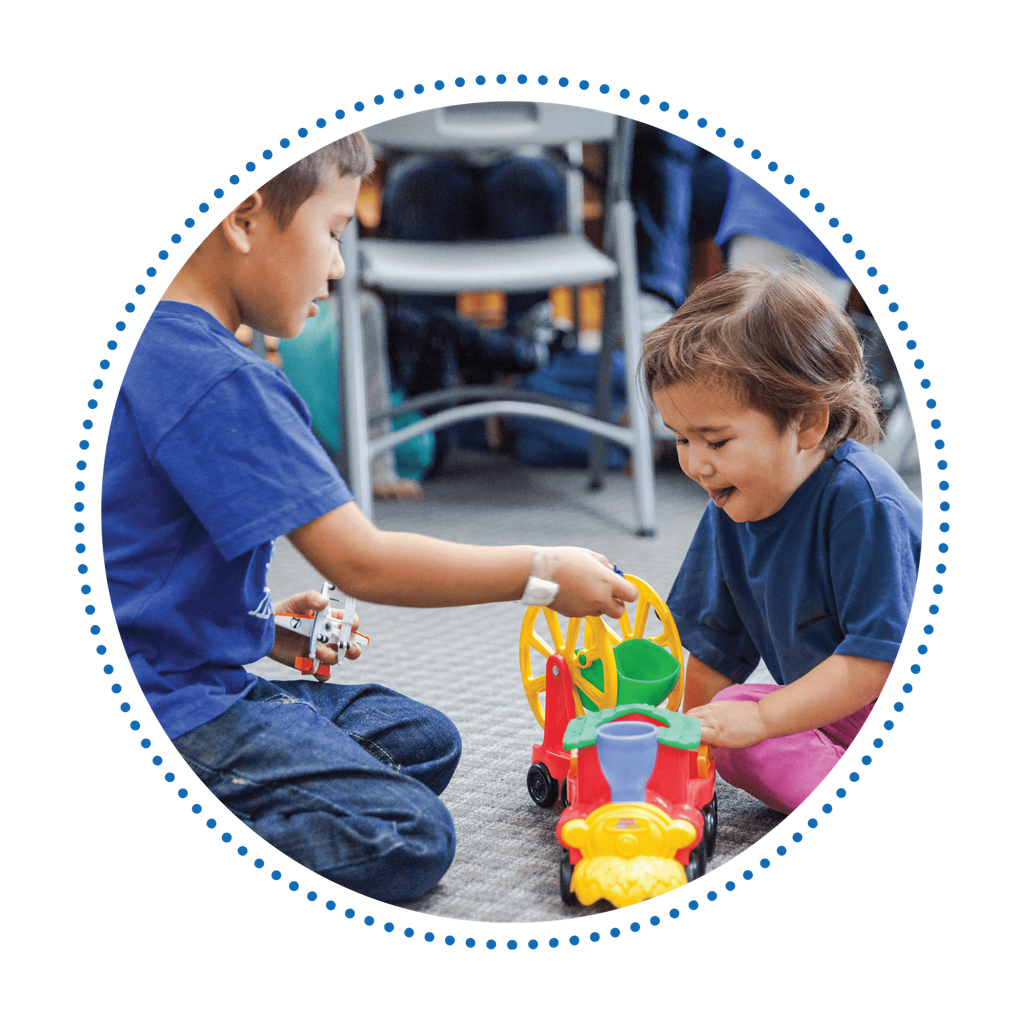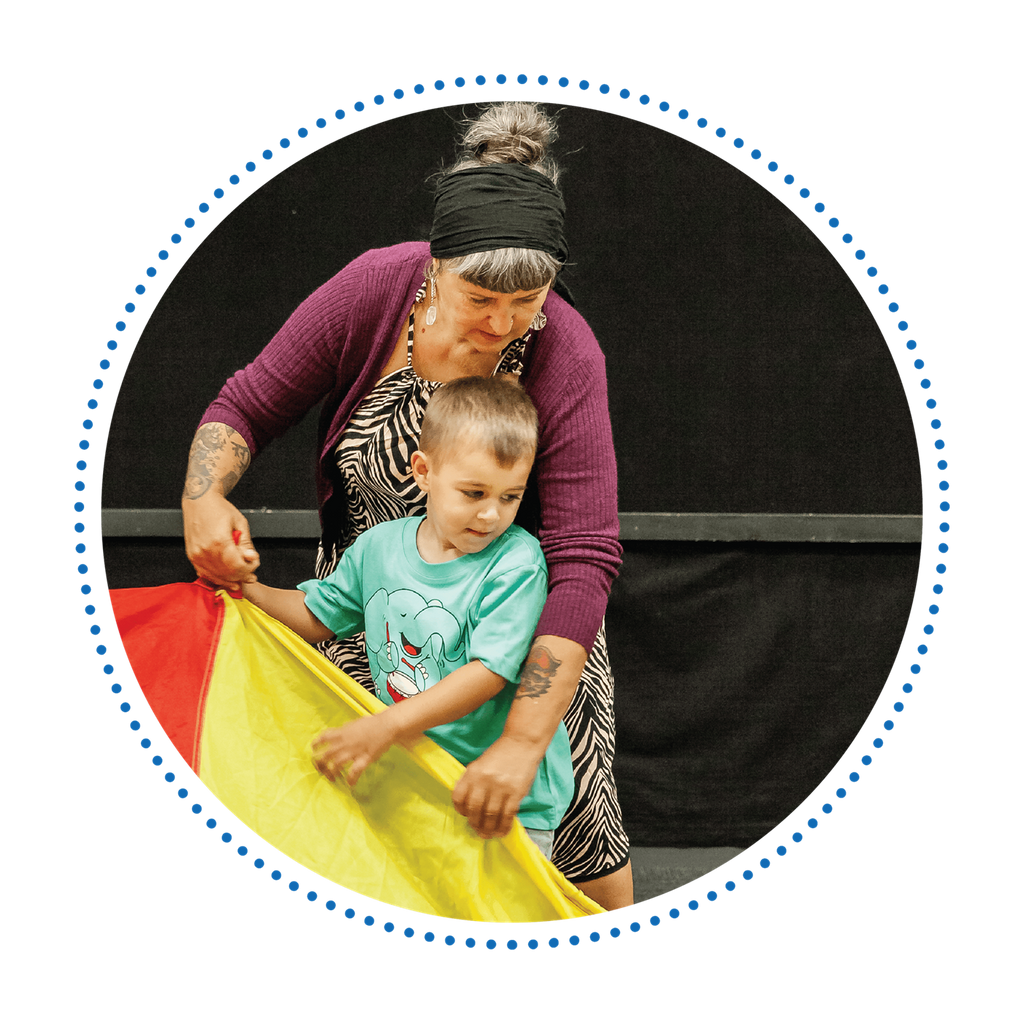Socialisation is a fundamental aspect of human development, and its importance is particularly evident during the toddler years. Socialisation plays a pivotal role in shaping a toddler’s personalities, emotional intelligence, and establishing the foundation for future relationships. This blog explores the significance of socialisation in toddlers and the positive impact it has on their overall development.
Building social skills: mainly music and mainly play provide an opportunity for children to experience a new, safe environment that enables them to develop essential social skills. Interacting with peers, family members, and other adults helps tamariki learn how to communicate, share, take turns, and express themselves. These early interactions lay the groundwork for effective communication and cooperation in the future. Tamariki are great imitators and learn a lot by observing how the adults around them interact with others. But they don’t always make sense of what they observe. Modelling positive social behaviour, such as showing respect and kindness, can help them copy these behaviours, and over time, understand their purpose.
Emotional regulation: Through socialisation, toddlers learn to navigate and understand their emotions. Interacting with others provides opportunities for toddlers to experience joy, frustration, empathy, and other emotions in a controlled environment. This helps them develop emotional regulation skills, enabling them to cope with various situations as they grow older.
Language development: Socialisation significantly contributes to language development in toddlers. Engaging in conversations with adults and tamariki enhances their vocabulary, comprehension, and expressive language skills. Reading stories and asking questions help tamariki learn new words, understand sentence structure, and communicate their thoughts and feelings effectively. Waiata and saying rhymes together also sets the stage for more advanced communication as they age.
Cognitive development: Social interactions stimulate toddlers' cognitive development by presenting them with new ideas, perspectives, and challenges. Through play and shared activities, toddlers enhance their problem-solving abilities, creativity, and critical thinking skills.
Establishing relationships: Early socialisation experiences help toddlers form attachments with their relationally connected adult and feel confident to build relationships with others. The early friendships they form in mainly music or mainly play contribute to the development of healthy relationships in the future.
Cultural and social awareness: Socialisation exposes toddlers to diverse backgrounds, abilities, and cultures and helps them develop an understanding and appreciation for diversity. These early experiences lay the foundation for tolerance, empathy, and open-mindedness.
Avoiding social isolation: Socialisation plays a crucial role in preventing social isolation, which can have negative consequences on a toddler's mental and emotional well-being. Regular interactions with a group of children and adults can provide a sense of belonging and contribute to a positive self-image.
Socialisation is crucial during the toddler years, shaping the foundation of tamariki social, emotional, and cognitive development. mainly music and mainly play are providing positive social experiences for your toddler that are helping them develop essential life skills, form meaningful relationships, and navigate the complexities of the wider world as they continue to grow
Deb Waldron



